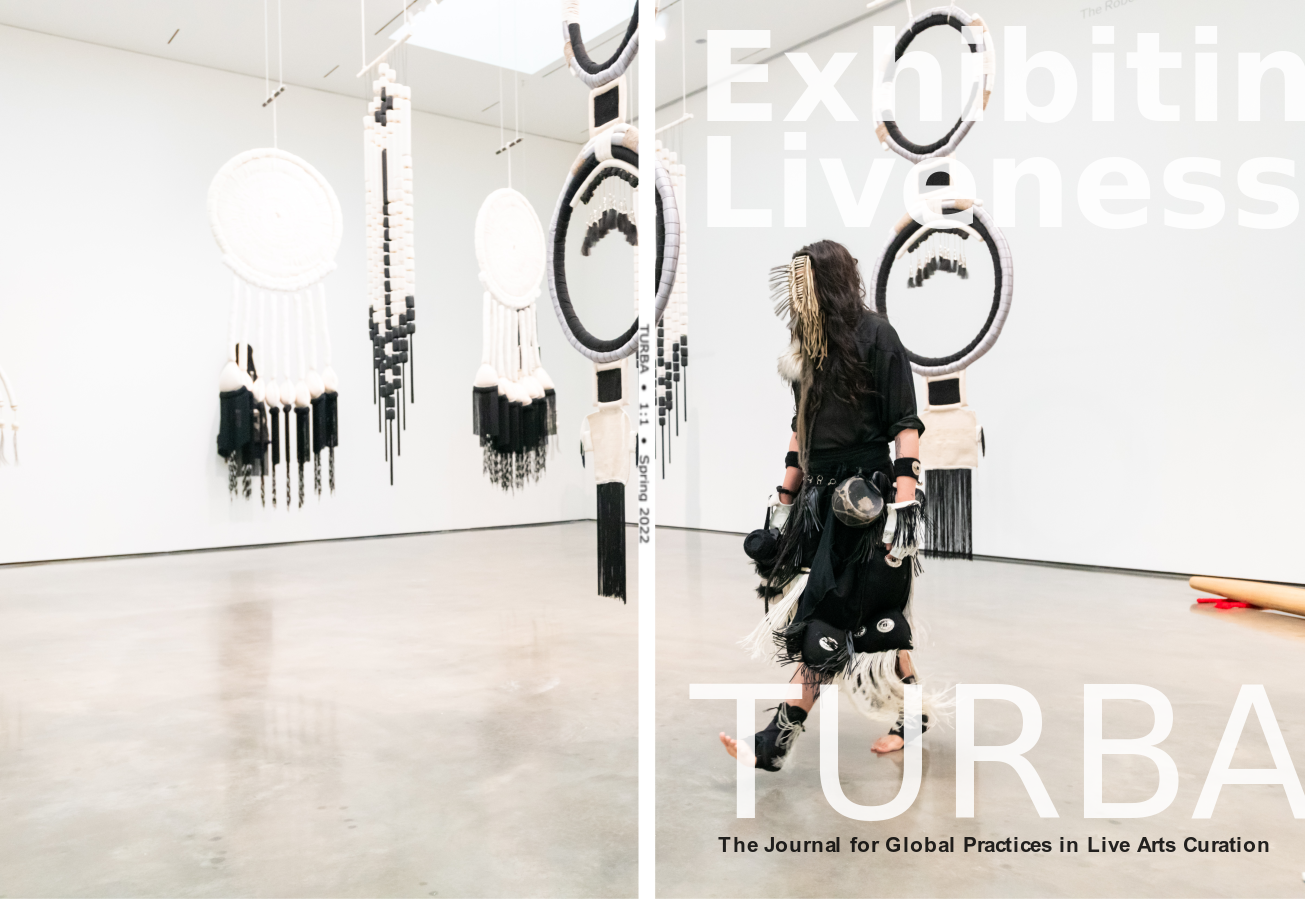CFP: “Exhibiting Liveness / Museums of the Future” MACBA, Barcelona June 17, 18, 19, 2024
CFP: “Exhibiting Liveness / Museums of the Future” MACBA, Barcelona June 17, 18, 19, 2024

Enter any contemporary art museum, gallery, or biennial in 2024 and chances are that the live
arts will be center “stage”. While theater, dance, music, and performance art were historically
presented in visual arts contexts as fringe or one-off events, since the turn of the twenty-first
century—and gaining momentum over the past decade—there has been a growing tendency to
“exhibit” live art. As choreographers, directors, and composers who have built their careers in
the visual art world—which is significantly more monied than the performing arts world—take
home major prizes and awards, leading museums are inaugurating spaces designed exclusively
to house installation and performance. But architectural spaces are also ideological spaces with
tacit value systems that influence conventions of performance and spectatorship, as well as
perceptual experience. What happens when live arts are transplanted into the modernist project
of the white cube, characterized as it is by its putative neutrality, objectivity, universality,
disembodiment, and erasure of context? Today’s eventized museum showcases works of art
characterized by durationality (they are circumscribed by time), corporeality (they feature live,
gesturing bodies), and relationality (they foreground the intersubjective exchange) that may be
said to engender new modes of what Nicolas Bourriaud called “relational aesthetics”. In so doing,
these works challenge traditional definitions of the “collection,” the “archive,’ the “museum,”
and even “contemporary art.”
The expansion of exhibition practices to include the live arts is also transforming curatorial
practice. Many museums are hiring full-time performance curators, while artists and curators
alike are adopting dramaturgical, choreographic, compositional, and performative strategies in
their exhibition of live bodies in spaces traditionally designed to collect and present inanimate
objects. What, then, does it mean to “exhibit” and “curate,” as opposed to “program” and
“stage,” live art? Today, museum curators must “care” not only for objects, but also for living
beings who inhabit bodies that breathe, move, need, and desire—bodies that carry their own
histories and archives, and inhabit intersections of individual and collective identities. How are
they adapting to this challenge? Further, what is the relationship between liveness,
immateriality, and the future of the museum/the museum of the future in this time of political
upheaval? How can the integration of live art in the museum redefine the structures,
architectures, ideologies, and political potential of the latter?
Symposium co-organizers Tawny Andersen (Marie Curie Postdoctoral Fellow, UPF) and Ula Sickle
(choreographer, and doctoral student at KU Leuven and Luca School of Arts) invite expressions
of interest from scholars, curators, PhD students, and (visual/performing/dance/sound/theatre)
artists to take part in a symposium on June 17, 18, and 19, 2024 at the MACBA, Barcelona. We
ask that potential speakers submit a one-paragraph abstract to [email protected] by May
3, 2024.
